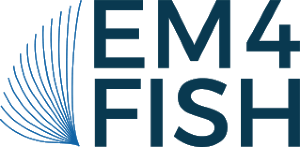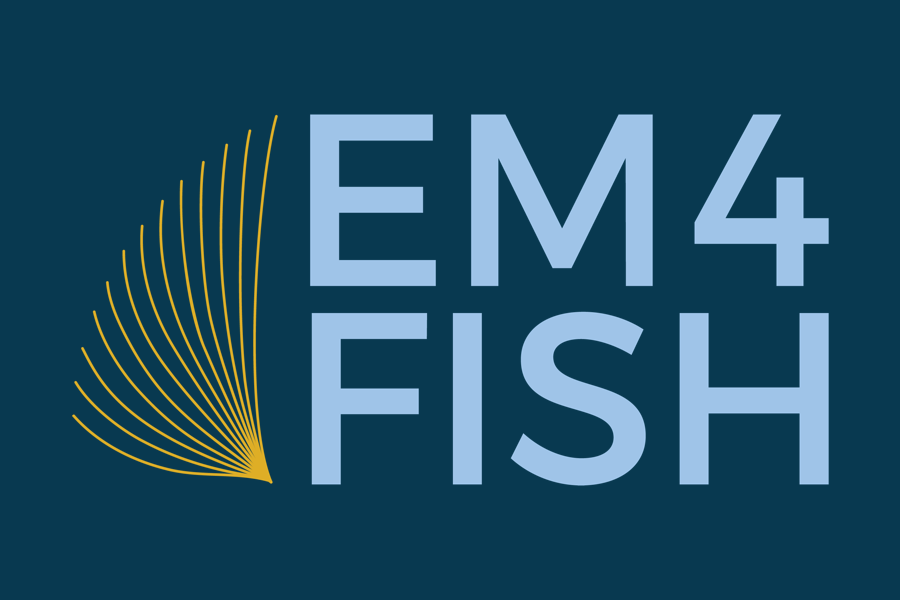The Nature Conservancy and NOAA Fisheries convened a workshop May 7-8, 2014 in Portsmouth, NH to bring together diverse stakeholders to further regional efforts to implement EM in candidate fisheries. The workshop was well-attended, with approximately 90 fishermen, fishery managers, scientists, conservation organizations, and other stakeholders from New England, the West Coast, British Columbia and South Africa participating in the workshop.
Participants engaged in breakout discussions to identify goals and implementation challenges for EM in the Northeast, and to brainstorm next steps to address those challenges. The Workshop generated several recommendations for the New England Fishery Management Council and NOAA Fisheries, including:
- establishing clear, achievable goals for monitoring;
- drafting performance standards for EM;
- developing a pilot study for EM in the Atlantic herring fishery; and
- developing a better understanding of the costs of a potential EM program.
The Northeast EM Workshop Steering Committee presented the Summary Report to the Council and NOAA Fisheries at the Council’s June meeting and it was well-received. The Greater Atlantic Regional Fisheries Office (GARFO) has committed to acting on some of the recommendations, including working with the Georges Bank Cod Fixed Gear Sector to try out an EM Monitoring Plan for the 2015 fishing season and developing a cost assessment of EM for the groundfish and Atlantic herring fisheries.
The Workshop Steering Committee plans to continue to work closely with the Council and GARFO to support action on other recommendations from the workshop. For more information about the New England Council’s EM Working Group activities, please go here.
At the June Council meeting, GARFO also announced that it will make available this summer a draft of the Regional Electronic Technology Implementation Plan for discussion at the Council’s September/October meeting. GARFO also set a tentative deadline of May 2017 for completion of its efforts to modernize Northeast fishery-dependent data collection systems.

